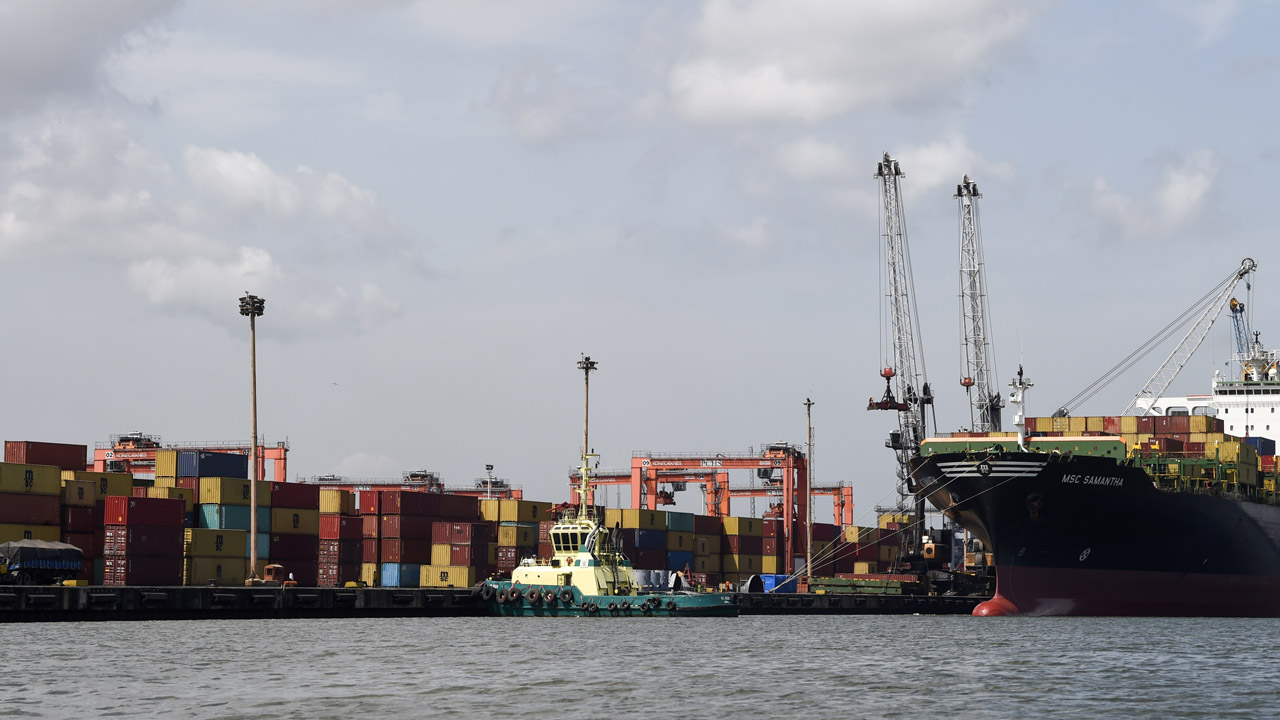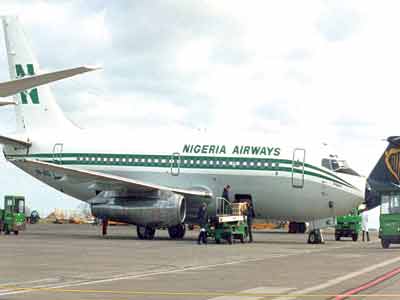
Nigerian Maritime Administration and Safety Agency (NIMASA) has said it remains committed to ensuring that shipping in the country is run in line with global best practices.
This was stated at a one-day workshop on maritime codes and conventions for maritime reporters organised by NIMASA in Lagos in collaboration with MaxVal Associates Training and Management Consultancy.
The resource person, who is also the Deputy Director of Legal Services at NIMASA, Peter Agbaminoja, said following the significance of shipping to human prosperity, safety and security, efforts have been made repeatedly to agree on binding rules for the use of the sea as well as the deployment of the ships that trade thereon and the protection of the seafarers who man the ships.
He said shipping will continue to occupy its pride of place as the principal mode of bulk transportation and the purveyor of the world’s trade, noting that there are innovative solutions as well as novel challenges both on the scientific and human levels.
According to him, the shipping business could only be successful if there is regional and cross-bounder collaboration and proper management of cyberspace.
Agbaminoja exposed the journalists to more knowledge about the various international conventions and treaties, which include, the United Nations International Convention on Lives at Sea (UNCLOS), Safety of Lives at Sea (SOLAS), Marine Pollution Regulation Convention (MARPOL), and the Standards for Safety and Watchkeeping (STCW), International Labour Organisation (ILO) Convention and the International Maritime Labour Convention (IMLC) among others.
He said NIMASA is continuously working to improve its implementation/enforcement processes of these conventions, especially with the introduction of technology to provide guidance and reduce waste of resources in its enforcement efforts.
Agbaminoja said the maritime domain coverage systems comprising the existing satellite surveillance infrastructure such as the air, road and sea assets acquired under the Deep Blue Programme will provide additional leverage in this regard.
He said the agency also celebrates the significant reduction in piracy incidents in Nigerian waters due to various measures introduced recently by the Federal Government and the availability of the SPOMO Act 2019 for successful prosecution.
Agbaminoja said there are, however, some challenges anticipated going forward, which include, funding constraints, the need for a more efficient and abbreviated method for training enforcement officers especially maritime surveyors, stakeholder apathy, limited availability of platforms and emerging force-majeure type events such as COVID 19
He said nevertheless, there is reason to be hopeful just as the agency is expected to capitalise on some of the key opportunities, which include imminent improved maritime domain coverage and the multiplier effect of improved staff morale with the current management’s focus on staff welfare including the ending of stagnation.
Others, he noted include the expected boost to efficiency after the decentralisation of operations as well as improved mental fortitude and attitude amongst all staff after the rebranding of the agency.






